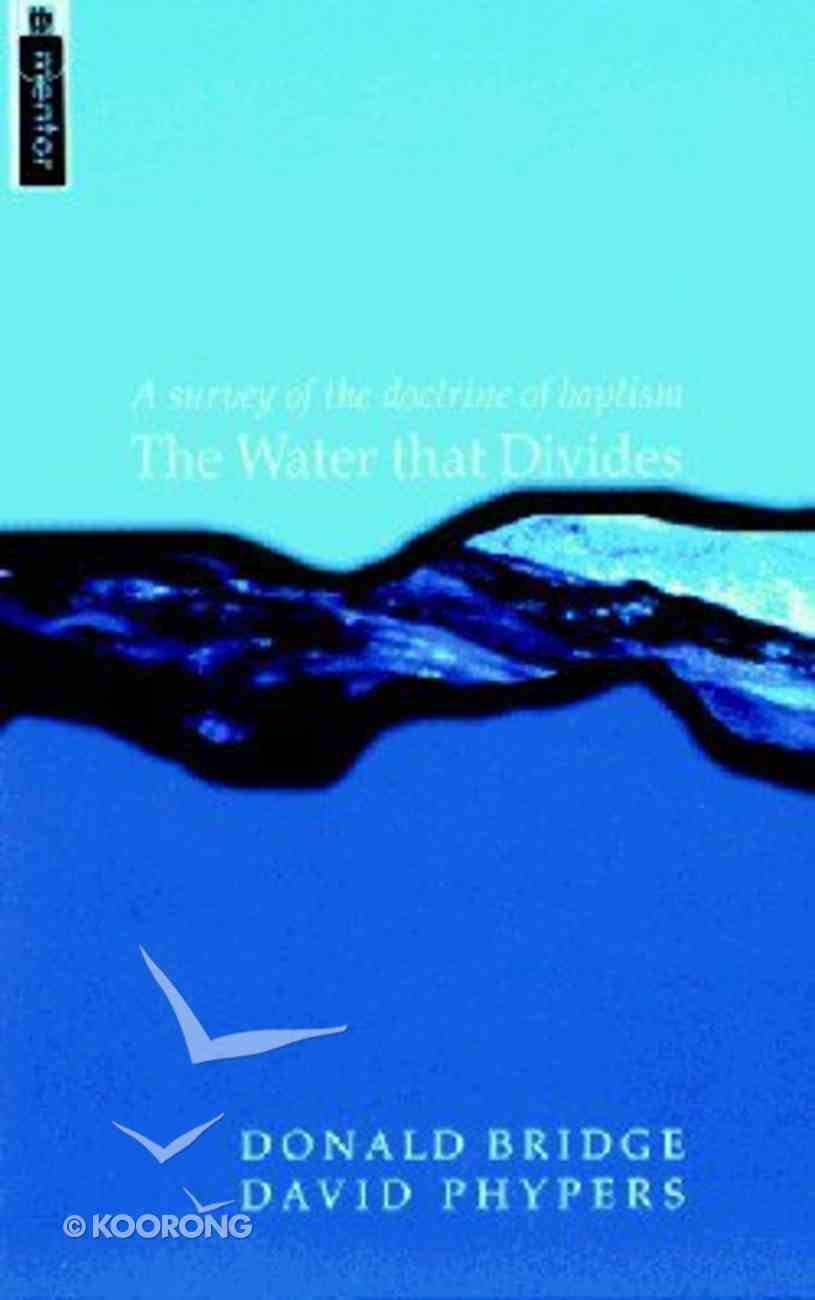
Basic Summary of the Book
This book looks at the biblical and historical arguments for both views on baptism, and it introduces the danger of postmodern acceptance.
PRO-Observations
As one who has read much on the subject of baptism, I like the simplistic concern and articulation for both sides of the argument.
Paedobaptists,
New Testament references to the baptism of "households" (Acts 16:15, 33; 1 Cor. 1:16) is the biblical defense reference. "It is inconceivable," say paedobaptists, "that in all these households there were no children or infants. When parents and other responsible members of the household were baptized their children were obviously included as well. This was how first century Greek and Roman families operated.... Decisions reached by the head of a family directly and almost unquestioningly affected all its members" (pp. 26-27). A second defense is the Paedobaptist understanding of covenantal continuity. Since the children of believers were included in the "old" covenant of grace (by circumcision), they most certainly are included in tine "new" covenant of grace (by baptism).
Baptists,
The New testament word for Baptism (immerse) is the typical defesne. Also in response, “household baptisms” is a mere record of whole families responding to the Gospel. "Either there were no infants in the families concerned, or infants were specifically excluded because they were infants" (p. 42). Baptist see no covenantal continuity, but rather distinction between the Old Covenant and the new. Thus the entrance of children into the New Covenant requires faith of the individual, not of familial relation.
Setting aside the difference, the authors beautifully articulated the reason and need for baptism regardless of mode. "Baptism in the New Testament is portrayed as the means of entry into the Christian church. Paul writes, c by one Spirit we were all baptized into one body' (1 Cor. 12:13). To be baptized without belonging to the church is a contradiction in New Testament terms" (pp. 22-23). Likewise in my last three churches, Baptism was a step into becoming a member of the church and requires acceptance of the membership covenant.
CON-Observations
I appreciate their discussion concerning Baptism by water and Baptism by the spirit. "Direct equation between baptism and reception of the Holy Spirit cannot be stressed too strongly. . . . Admittedly, water-baptism and Spirit-baptism are logically separate events and each is possible without the other.... But theologically the two belong together There is no need to separate water-baptism and Spirit-baptism, nor does the New Testament do this" (pp. 20-21). However, the authors needed to add another chapter on the Pentecostal views concerning baptism, for many do not utilize water at all!
The second con of the text is the need for the text to be updated again since Postmodernism is over. For more on this see: Linda Hutcheon, in the second edition of The Politics of Postmodernism (2002) The new phase of time is called METAMODERNISM = Meta from Plato metaxy (between).Because of social media postmodernism has left and there is a growing outcry from youth to know what is real and true. As a result, in churches, we see a return to more historical practices (liturgy, classic hymns, exegetical learning, and catechisms). I suspect as a result the pluralistic view of baptism will slowly fade for a more classical individual adherence, but with an ecumenical openness.
Personal Reflections
I recall a former professor becoming extremely angry in class when a fellow classmate said that his wife had not been baptized as a believer, because she did not want to break communion with her family who was adamant paedobaptists. As one who participates in many ecumenical functions, I do not hold a harsh tone toward those who practice paedobaptism, but I do believe in the classical Baptist view. Thus I appreciate the author’s proposed solution of disregarding baptism as a sacrament. As a result, the doctrine of baptism moves from being a primary point of argument to a secondary point. As useful as this approach is, we must be careful to not separate baptism from its deeper theological meaning, the sign of joining the covenant community.
Overall
I highly recommend this book, but would advocate for more updates.




